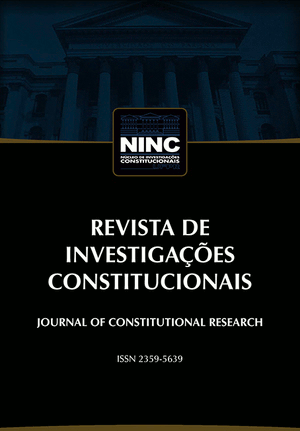Abstract
The digitization of judicial processes and the modernization of court systems have propelled the use of artificial intelligence in the Judiciary, particularly due to the backlog of cases in higher courts. Project Victor, led by the Supreme Federal Court (STF) in collaboration with the University of Brasília, aims to automate the categorization of Extraordinary Appeals based on themes of General Relevance. However, implementing AI in the public sector requires adherence to constitutional principles such as legality, impartiality, morality, transparency, and efficiency. The study addresses the conflict between efficiency and legality principles regarding the use of the Victor program. Research encompasses the history and types of AI, machine learning methods, and analysis of AI software in Brazilian courts. Results highlight Victor’s efficiency while noting issues like inadequate decision summaries. The conclusion underscores the need for transparency in AI use and suggests adding case notes to electronic processes indicating Victor’s intervention for potential revisions.
Keywords:
judicial decision; technology; artificial intelligence; Victor system; Brazilian Supreme Federal Court
